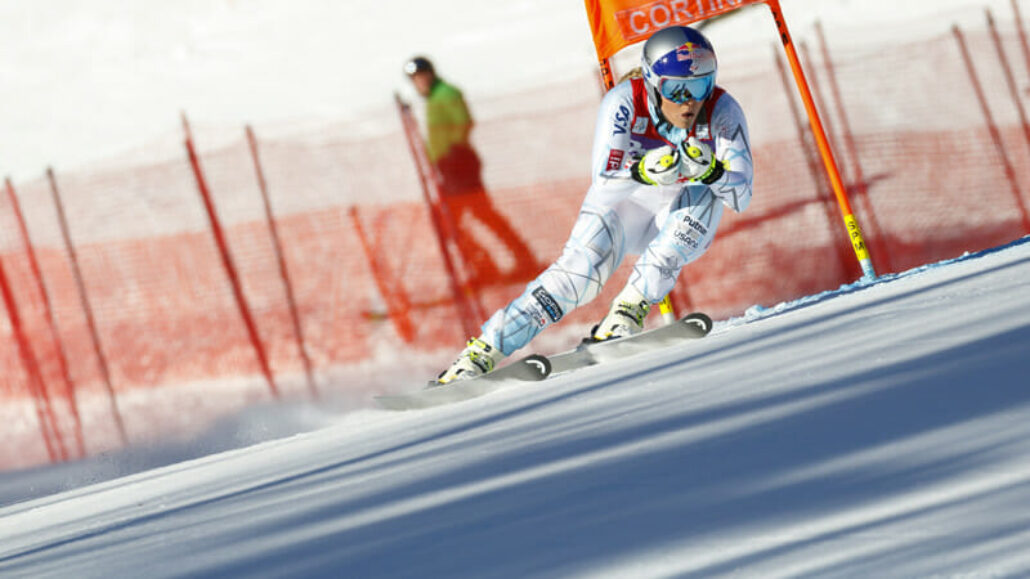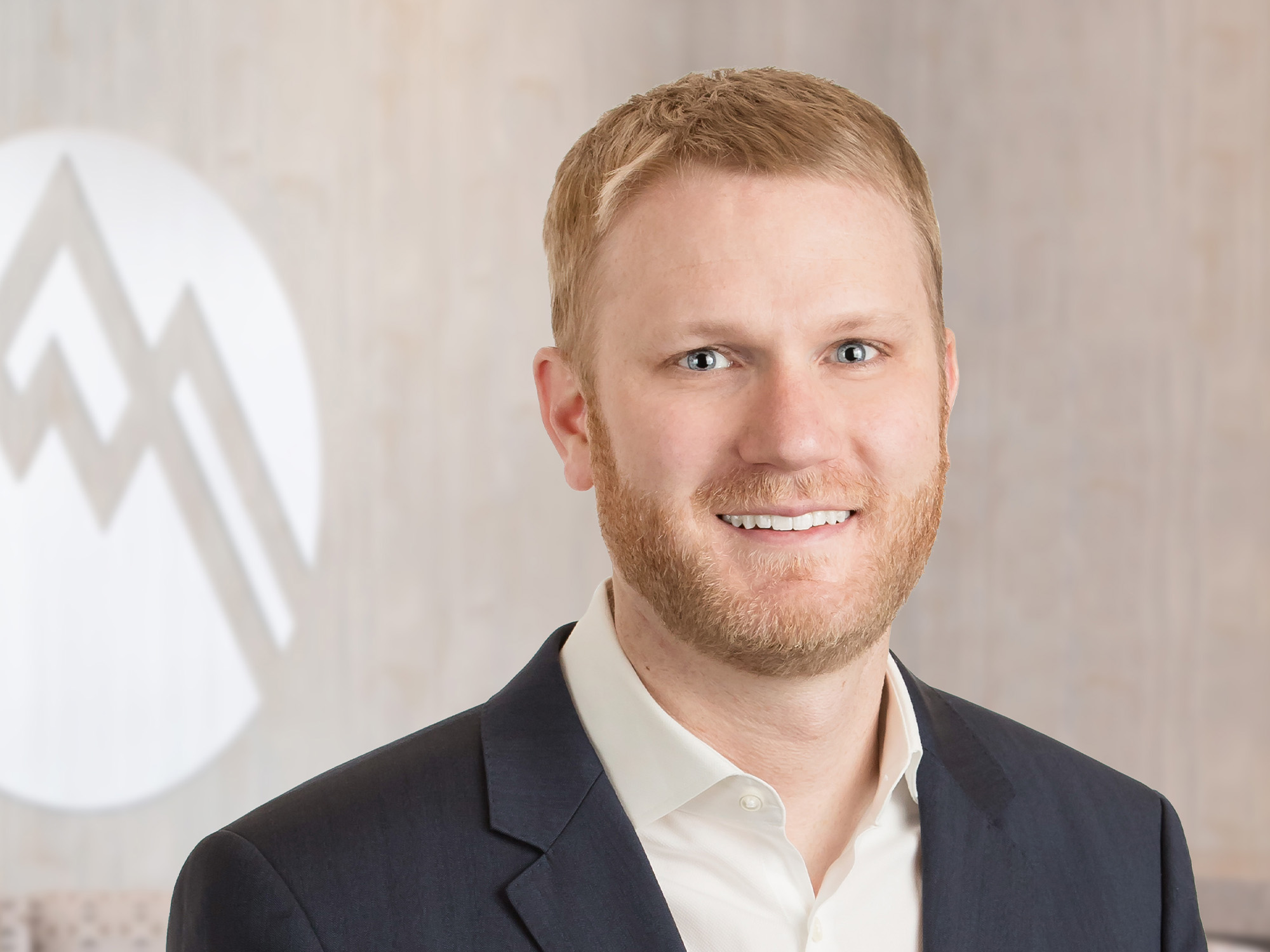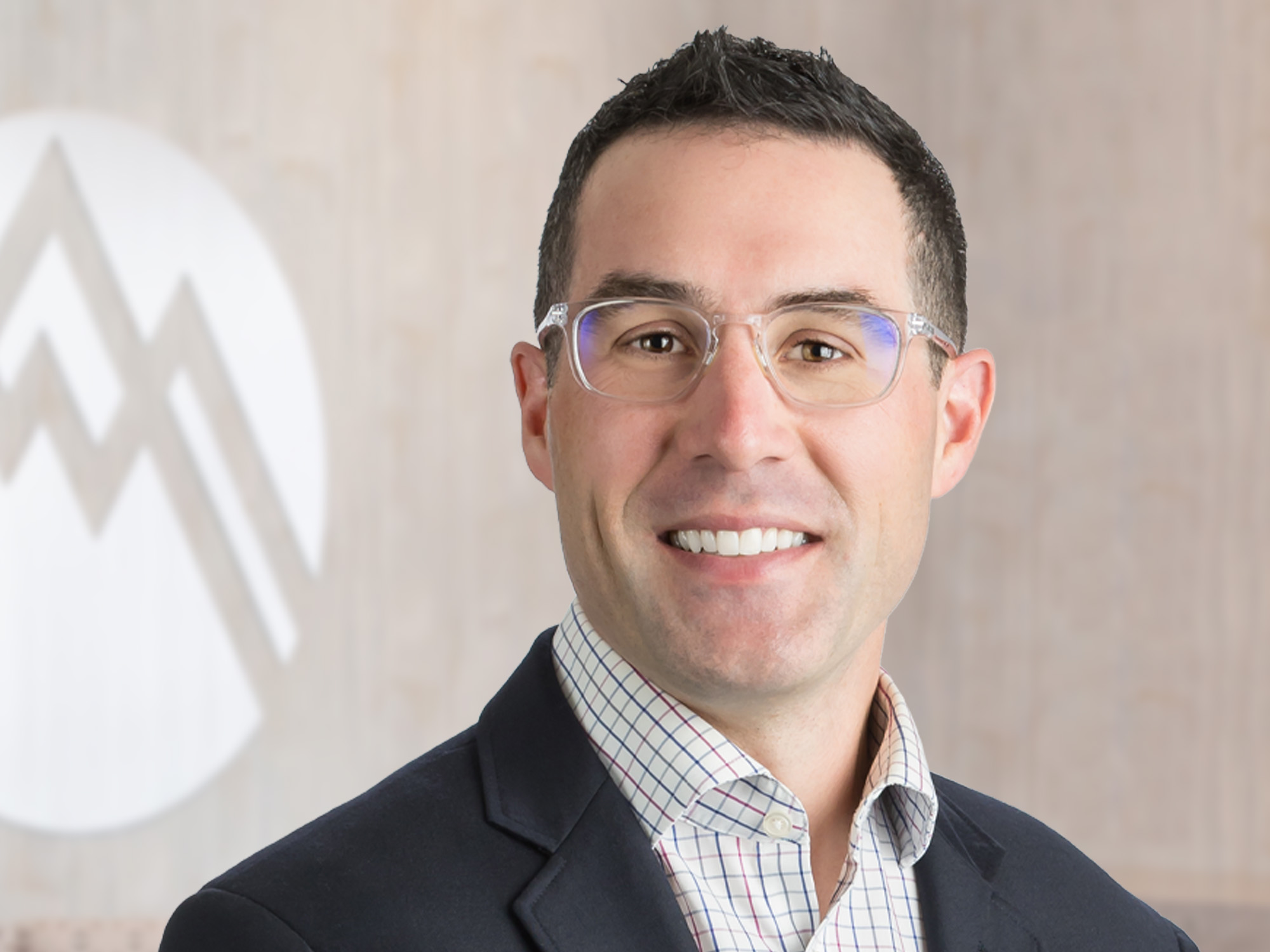Sports team surgeons Drs. Skendzel and Warner discuss Summit’s specialized care for ACL injuries.
Watching Alpine skiers hurtle down the slopes is one of the most exhilarating experiences of the Winter Olympic Games. But mastering downhill speed can come at a price.
ACL injuries are a serious risk for Alpine skiers
Alpine skiers are at risk for several different injuries, but torn or ruptured anterior cruciate ligament (ACL) injuries are among the most serious. “The ACL holds the tibia in place,” explains sports medicine surgeon and ACL specialist Dr. Jack Skendzel. “Skiing demands pivoting and twisting of the knee. That puts a lot of pressure on this ligament, and can cause it to rupture. Approximately 17 percent of Alpine skiers suffer ACL injuries. Medical treatment by experts like our sports medicine team at Summit Orthopedics can mean the difference between return to sport and being sidelined.”
Early evaluation is important
“Our sports medicine physicians at Summit are fellowship-trained in skier injuries,” states fellow sports medicine surgeon Dr. Brent Warner. “An ACL injury frequently requires surgical treatment, and the timing of that treatment can have a significant impact on a skier’s career. This is why it’s so important for skiers with knee pain to seek early medical evaluation. A delay puts the injured athlete at risk for further damage.”
But Drs. Skendzel and Warner point out that with proper treatment, an athlete can overcome ACL injuries and return to competition. “The career of Olympian and Minnesota native Lindsey Vonn is a great example,” says Dr. Skendzel. “Despite two serious ACL injuries to the same knee, she came back to win bronze in the 2018 Winter Olympics.”
Symptoms of knee pain you shouldn’t ignore
“If skiers have pain or swelling in their knee or if their knee feels unsteady, loose, or unstable—or if something doesn’t seem right, then they should come in to Summit for an evaluation,” advises Dr. Skendzel. “Any time I see a skier with a swollen knee, I’m going to assume it’s an ACL issue until proven otherwise. We want to rule out an ACL tear first, because it’s one of the more serious skiing injuries.”
Drs. Skendzel and Warner are quick to point out that painful knees aren’t proof positive of ACL damage. “Pain may be an indication of damage to cartilage, a meniscus tear, or medial collateral ligament (MCL) tears,” explains Dr. Warner. “The MCL is a band of tissue that runs along the inner edge of your knee. It helps connect your shin and thigh bones to keep your knee stable and working properly when you move. Many of these injuries can be treated nonsurgically, depending on the location and magnitude of the damage.”
Summit’s sports medicine team offers comprehensive medical resources
As official physicians for Team Afton, we can get injured skiers expeditiously into one of Summits Orthopedic Urgent Care clinics for evaluation,” Dr. Warner explains. “Or, we can facilitate follow-up with a specialist to avoid any delay between injury, diagnosis, and treatment. In fact, that’s our goal. We are focused on efficiently triaging and caring for injuries. We ensure that patients get the correct information in a timely fashion so no time is wasted. And we want to catch these injuries early to preserve the athletic careers of these kids.”
Knee pain doesn’t always require a surgical solution
“In the best-case scenario, an injury isn’t serious enough to require surgery,” smiles Dr. Skendzel. “In that event, we advise the patients and their families about conservative treatments to facilitate a safe return to sport. We know our young athletes are always eager to get back on the slopes. We support their goals—but we want to temper eagerness with guidance about how to return to sport safely.”
Often, custom braces play a role in recovery after a knee injury. “Summit has an entire brace department available to create a custom knee brace to be worn after an ACL surgery,” notes Dr. Warner. “In many cases, our braces are also used to nonsurgically treat MCL injuries.”
The final word on skier knee pain
“If you are experiencing knee pain, we strongly recommend that you come in sooner rather than later,” says Dr. Warner. “Knee injures require treatment by examination, X-rays, and perhaps additional imaging. At Summit, we have the expertise to diagnose, treat, and rehab these injuries. And our ASCEND program is designed for athletes like competitive skiers who want extra help to recondition after an ACL surgery or other knee surgery.”
“If you do have an ACL injury, I’ll be frank with you,” says Dr. Skendzel. “These injuries are serious, and the road to recovery takes dedication and work. But we’ve witnessed the commitment of the athletes we treat. With Summit’s expertise in ACL reconstruction, custom bracing, and specialized rehabilitation services, we have all the medical expertise you need to get back to a high level of performance. If Lindsey could come back as an Olympic champion after two ACL injuries, you can reclaim your competitive edge too. And our Summit sports team is here to help.”
Summit Orthopedics offers comprehensive sports medicine expertise
From Olympians to pro athletes to kids in youth sports and those that just want to be more active—Summit Orthopedics delivers expert care by fellowship-trained sports medicine physicians. If you are recently injured or concerned about ongoing pain, Summit Orthopedics sports medicine specialists have the expertise to evaluate your discomfort and develop a plan to quickly and safely help you get back to being active.
Start your journey to stronger, healthier athletic condition. Find your sports medicine expert, request an appointment online, or call us at (651) 968–5201 to schedule a sports medicine consultation.
Summit has convenient locations across the Minneapolis-St. Paul metro area, serving Minnesota and western Wisconsin. We have state-of-the-art centers for comprehensive orthopedic care in Eagan, MN, Vadnais Heights, MN, Plymouth, MN, and Woodbury, MN, as well as several additional community clinics.
More resources for you
- Review treatments for knee cartilage injuries
- Learn more about Orthopedic Urgent Care
- Summit Orthopedics named Official Team Physicians for Afton Alps and Team Afton


